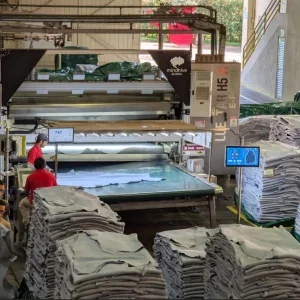In March, Beijing all but erased H&M’s internet presence in the country after the company and BCI raised concerns about allegations of slave labor in the cotton-rich Chinese region of Xinjiang. Following the online blocking of H&M and Chinese social-media users calling for boycotts of members Nike and Adidas AG, BCI deleted from its website a months-old statement about concerns that cotton was being produced by slave labor in Xinjiang.
Some nongovernmental-organisation members have said that BCI’s deleting of the statement and silence during the backlash in China suggest the group bowed to pressure at the behest of retail members, say people familiar with the organisation. They feel BCI’s reaction undermines the initiative’s mission of bettering the lives of cotton farmers, the people said.
Some NGO members are urging the group to cease operations in China altogether and are pushing their representatives on its board—the environmental group Pesticide Action Network and Solidaridad, an organisation advocating for responsible supply chains—to restore the Xinjiang-related statement online and push back against the Chinese media attacks, the people said.
At the same time, some retailer members and nongovernmental organisations say that BCI should instead quietly engage with Beijing, the people said.
A spokesman for BCI declined to comment.






